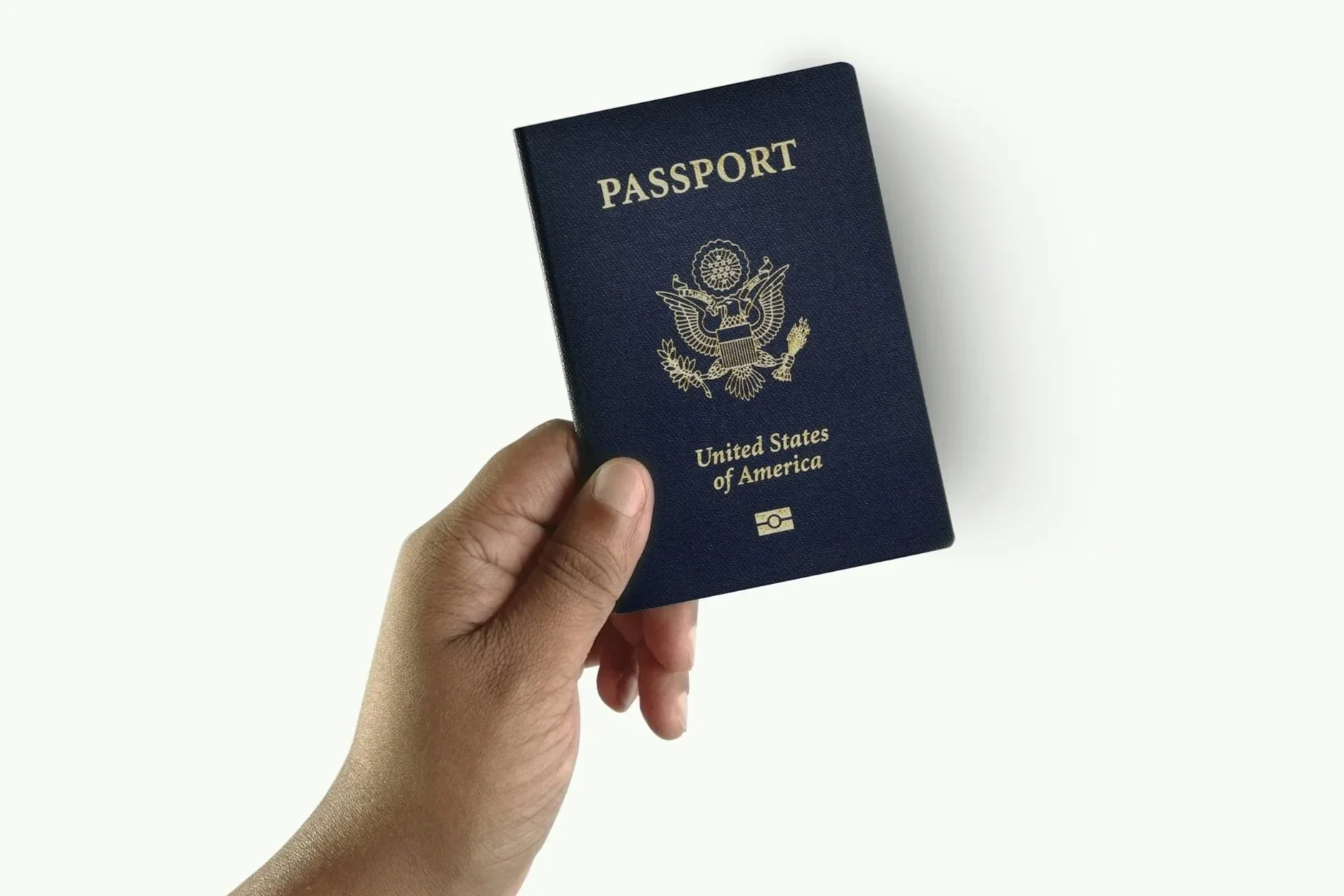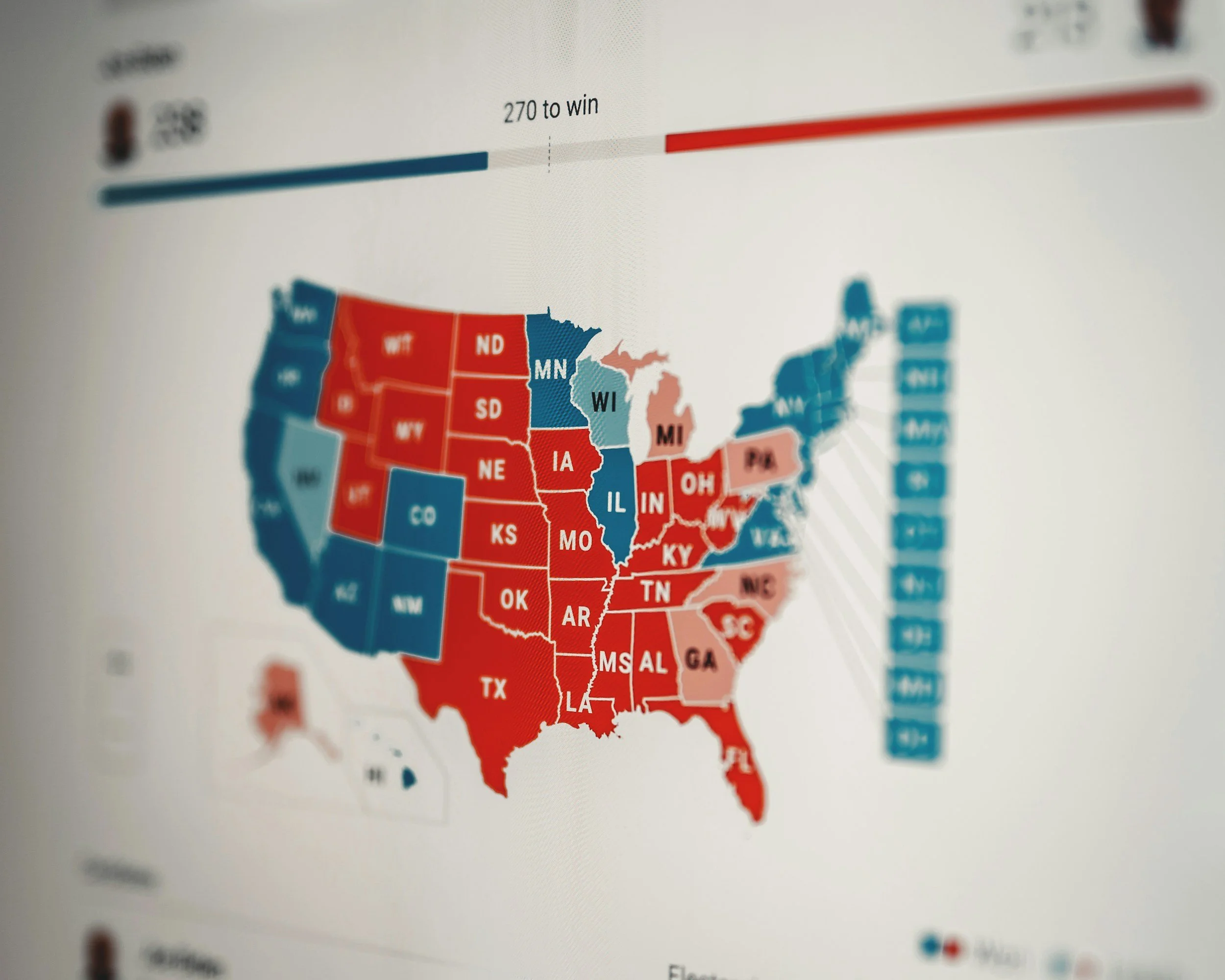Race-Based Redistricting Comes Before the Supreme Court
Louisiana is asking the Supreme Court to invalidate a congressional map that creates a second majority-Black district, setting the stage for a major showdown over the future of the Voting Rights Act and the role of race in American politics. Amid debates over redistricting, the disposition of this case may have long lasting ramifications.
Background of the Case
The legal battle began in 2022 when Black voters challenged Louisiana's congressional map. Despite Black residents making up nearly a third of the state's population, the map included only one majority-Black district out of six. The voters argued this diluted their political power, and a federal district court agreed, ordering the state legislature to draw a new map.
The result was the 2024 map, which created a second majority-Black district. However, this new map was immediately challenged in court and ultimately thrown out, leading to the current appeal before the Supreme Court.
What Each Side Wants
Louisiana's Position: In a notable shift, the state is now arguing against the very map it created. Louisiana's legal team contends that any form of race-based redistricting is unconstitutional. They are asking the Supreme Court to uphold the lower court's decision to scrap the 2024 map, arguing that the state should be free from what it calls the "abhorrent system of racial discrimination" allegedly created by the Voting Rights Act.
The Voters' Position: The Black voters who initiated the lawsuit are urging the Supreme Court to reinstate the 2024 map. They argue that considering race is essential to remedy historical and ongoing discrimination and to ensure fair representation. For them, the Voting Rights Act is a cornerstone of civil rights, and the creation of a second majority-Black district is a necessary step toward fulfilling its promise.
Ramifications of the Court's Decision
The stakes in Louisiana v. Callais are incredibly high and extend far beyond the state's borders.
If the Supreme Court sides with Louisiana, it could significantly weaken the Voting Rights Act. Such a decision would likely lead to a decrease in minority representation in Congress and other legislative bodies across the country, as it would become much harder to create districts where minority voters have a fair chance to elect their preferred candidates.
Conversely, a ruling in favor of the voters would reaffirm the principles of the Voting Rights Act. It would signal that ensuring fair representation for minority communities remains a constitutional imperative, preserving a key tool for combating voter dilution.
With a second round of oral arguments scheduled for its 2025-26 term, the Supreme Court's decision in this case will be a landmark ruling on the future of voting rights in America.
A Threat from Another Case: The "Private Right of Action"
Looming over the entire Louisiana case is a separate, more fundamental legal question that the Supreme Court is also being asked to decide: Do private citizens have the right to sue under the Voting Rights Act?
For decades, it has been assumed that individuals and civil rights groups could file lawsuits to enforce the VRA. However, a recent ruling from the U.S. Court of Appeals for the Eighth Circuit held that only the U.S. Attorney General has the authority to bring such cases.
This is directly relevant because the Louisiana redistricting case was initiated by private voters. If the Supreme Court agrees with the Eighth Circuit and eliminates this "private right of action," the entire Louisiana lawsuit could be dismissed on procedural grounds. The merits of the redistricting map would become irrelevant, as the people who brought the challenge would no longer have the legal standing to be in court. Such a ruling would represent a seismic shift in civil rights law, effectively removing the primary mechanism used to enforce the Voting Rights Act for nearly sixty years.






